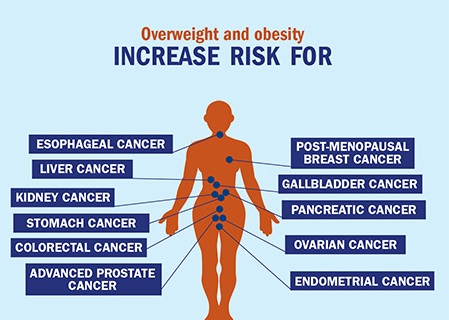
In a recent study published in JAMA Network Open, 65% of those without diabetes discontinued their semaglutide drug in less than one year.
The quit rates were not only for cost but for the side effects and complications. Those who trimmed more weight were more likely to persevere with the drugs and those that regained weight after stopping the medications were more likely to pursue a second course.
While health insurers widely cover this class of glucagon-like peptide (GLP-1) agonists for diabetes, most don’t pay for these drugs for weight loss. List prices often exceed $1,000 per month and insurance is spotty. Just 1% of Affordable Care Act marketplace plans last year covered these drugs for obesity according to KFF, a nonprofit health policy organization.
Medicare paid $5.6 Billion for semaglutides in 2022, demonstrating the immensity of the obesity problem.
As reports of complications and side effects of these drugs continue to accumulate as fast as articles on discontinuance rates, it is evident that even though patients prefer pills to surgery, the semaglutides are not miracle drugs. As with every single drug we use OTC or prescribe, a side effect is just really just one of the many effects of any drug other than the desired one. We consider Endoscopic Visceral Lipectomy both complementary to patients taking the GLP-1’s and suitable as an alternate modality to those patients who don’t start or stop taking them.


